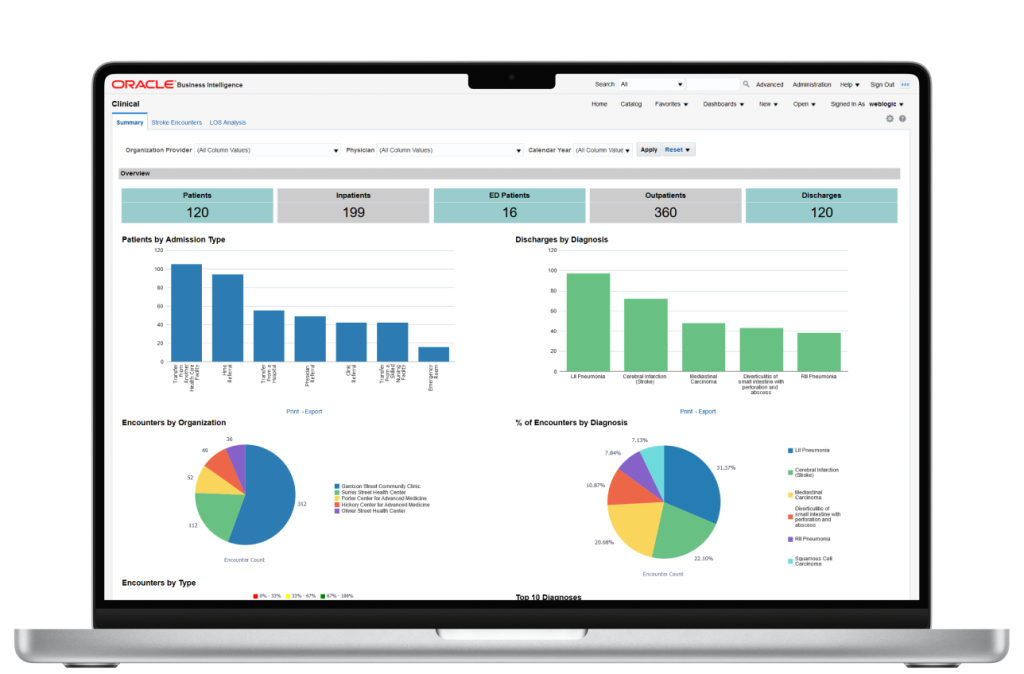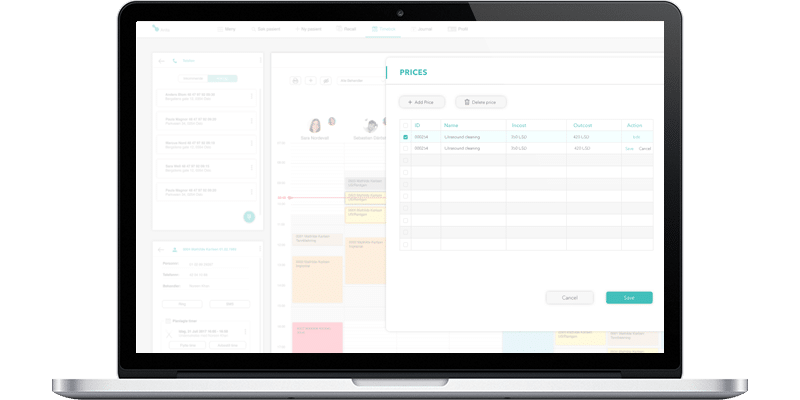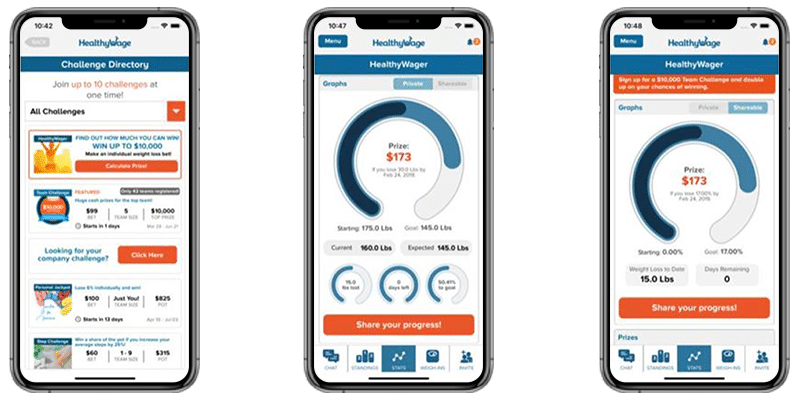What we offer
Data integration
Kept in one virtual venue, aggregated data in compatible formats is the vital value of a health care data warehouse (DWH). To guarantee this asset, we provide ingesting of all kinds of medical data (unstructured, semi-structured, and structured), their transformation (summarization, conversion, etc.), load and retrieval, high-end data management, and information querying via SQL.
Data storage
When all the data is collected and integrated, it should be securely stored. We use the healthcare data warehouse schema to obtain protected health information and metadata storage where historical and current subject-oriented medical data is kept. Also, we offer you a choice of data storage environments (on-premises, cloud, or hybrid).
DWH development
DICEUS specialists, as seasoned healthcare data warehouse vendors, create professional DWH solutions and focus on two essential components. The first is the back-end side which embraces high-quality software, efficient infrastructure, and security protocols. The second is the front end with an easy-to-operate dashboard and a gamut of data management and analytics tools.
DWH modernization
The healthcare data warehouse model we deliver is never carved in stone. As new technologies and approaches to data storage and management push in and novel discoveries in medicine are made, we update the DWH to provide the best service for patients and meet doctors’ needs halfway. Special attention is paid to automating as many workflow operations as possible.
Security and compliance
Personal and clinical information security is paramount in medical data warehousing. To address this requirement, we introduce granular column- and row-level security monitoring, multi-factor authentication, healthcare data encryption, vulnerability detection, and threat assessment. Besides, we control compliance with HIPAA, FDA, HITECH, and other healthcare regulations.
Self-service BI development
Even the most complete and transparent collection of medical data is of little use unless the clinicians can draw some insights from them. The DWHs we develop enable clear visualization of data hoarded there, allow for the creation of user-friendly dashboards to work with patients’ demographics, and provide automated reporting opportunities to keep a hospital’s records in apple-pie order.
Get a free consultation on your project!
Benefits of data warehouse in healthcare
Healthcare providers are often trendsetters among organizations across various industries that employ an enterprise data warehouse. DICEUS supports their state-of-the-art data storage and management aspirations by delivering top-notch DWH solutions that can significantly enhance their services to patients.
Now, most healthcare organizations switch to digital information storage as a part of electronic health records (EHR). We can take your medical treatment services to a new level by uniting all your siloed on-premises data systems into a cloud-based clinical data warehouse with its enormous business intelligence (BI) opportunities and advanced analytics. Our approach to data warehousing in healthcare allows for fast solution delivery according to your specific needs.
Our DWH development process
Building a data warehouse for any use case is a serious endeavor that can be tackled only by high-profile software experts. Our vetted mavens have top-notch skills and sufficient experience in data warehouse design for hospitals across the globe which allowed us to develop a comprehensive and efficient strategy for accomplishing such projects. It includes the following steps.
Get a free consultation on your project!
What impacts your project duration
How long will it take to create a DWH for your healthcare organization? We can give you a more or less accurate estimation after we know the following information:
- Project requirements
- Expected deadlines
- Team composition
- Selected platforms and tech stack
- The complexity of the DWH to build
What affects your project costs
The sum you will have to allocate to obtain a fully functional healthcare data warehouse depends on five factors:
- Chosen technology
- Project scope and complexity
- The urgency of project completion
- Engagement model
- The cloud platform for your DWH
What we need from your side
Our team is qualified enough to complete any data warehouse project within the stipulated budget and timeframe. Yet, you can speed up and promote this process if you cooperate closely with the project crew. It will be a win-win outcome for both of us if you provide the following:
- The project vision, goals, and roadmap (if it exists)
- High-level project requirements
- Available project-related documentation (software architecture, mockups, etc.)
- Project deadlines
- Your accessibility schedule (several hours a week)
Our tech stack





























































Explore our case studies
Frequently asked questions
What is a data warehouse in EHR?
Serving as a backbone of the electronic health record system, a data warehouse accumulates information from medical dossiers, lab tests, medication prescriptions, and even insurance claims. Within a DWH, the data are unified, structured, visualized, and prepared for further analysis, which can be implemented with the help of special tools the data warehouse is equipped with.
How does a clinical data warehouse work?
First, data from internal and external sources are gathered, aggregated, and transformed through an ETL (extract, transform, load) or ELT (extract, load, transform) process. Then, they are placed into centralized storage (conventionally a cloud-based one), where BI, reporting, and visualization tools can access, retrieve, and analyze them.
What is the difference between a data warehouse and a clinical repository?
Both of them act as data storage facilities. However, for a clinical repository, collecting and hoarding raw data is the only function. A healthcare data warehouse is a more advanced form of an information depot. DWH stores data, can draw it from multiple sources, and transform and structure them. Moreover, its high-end tools enable in-depth data analytics.









